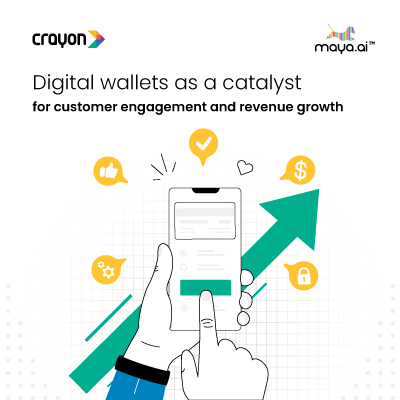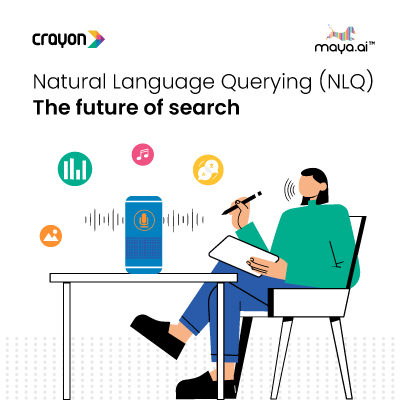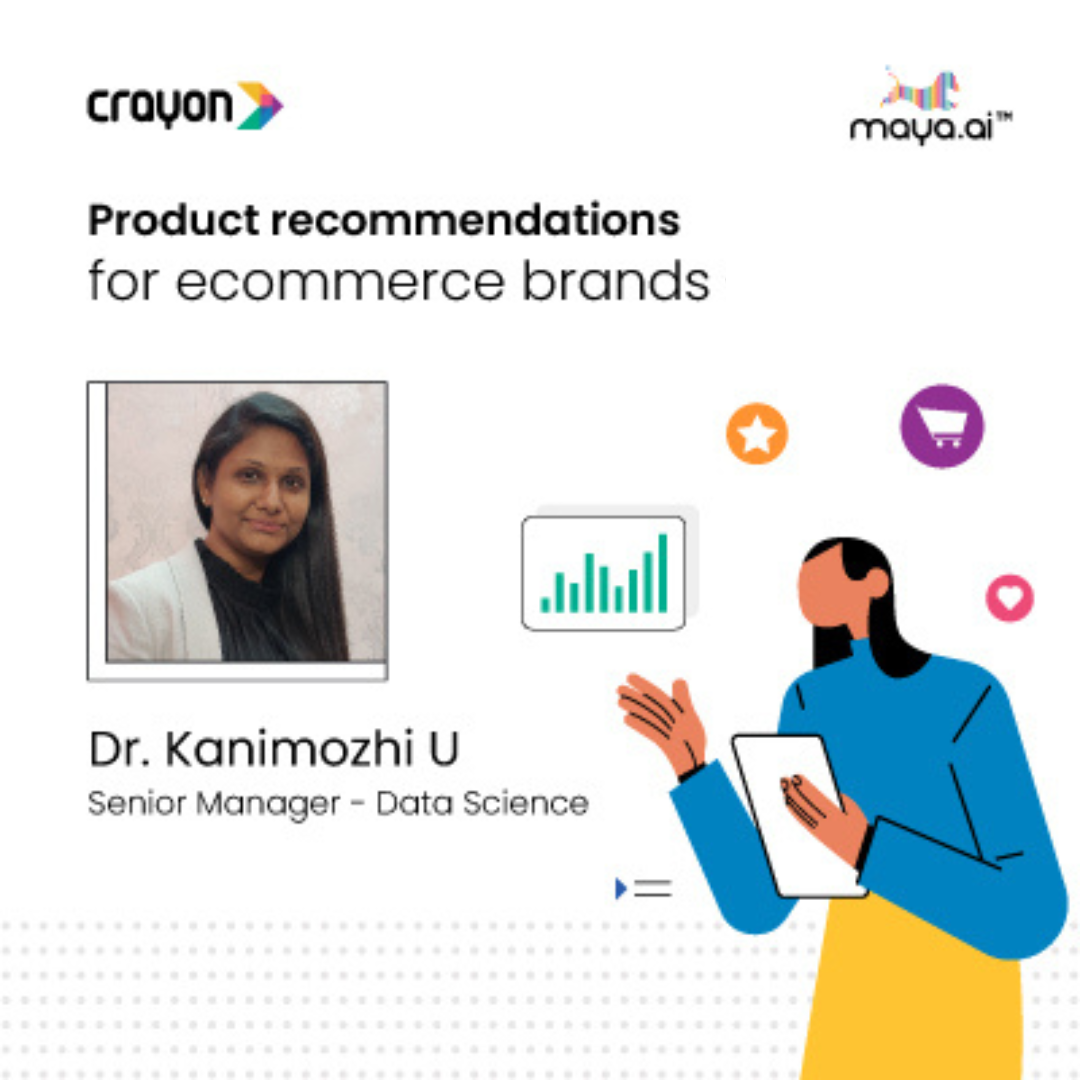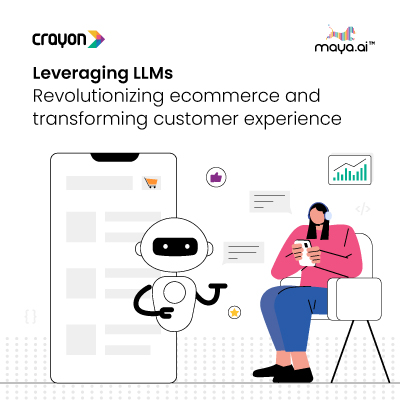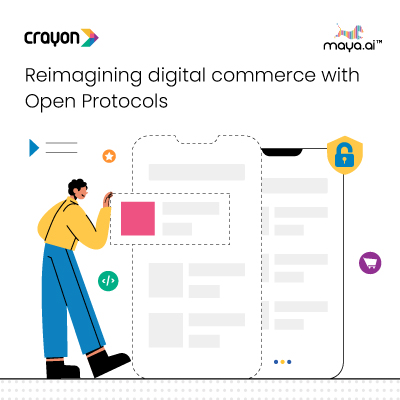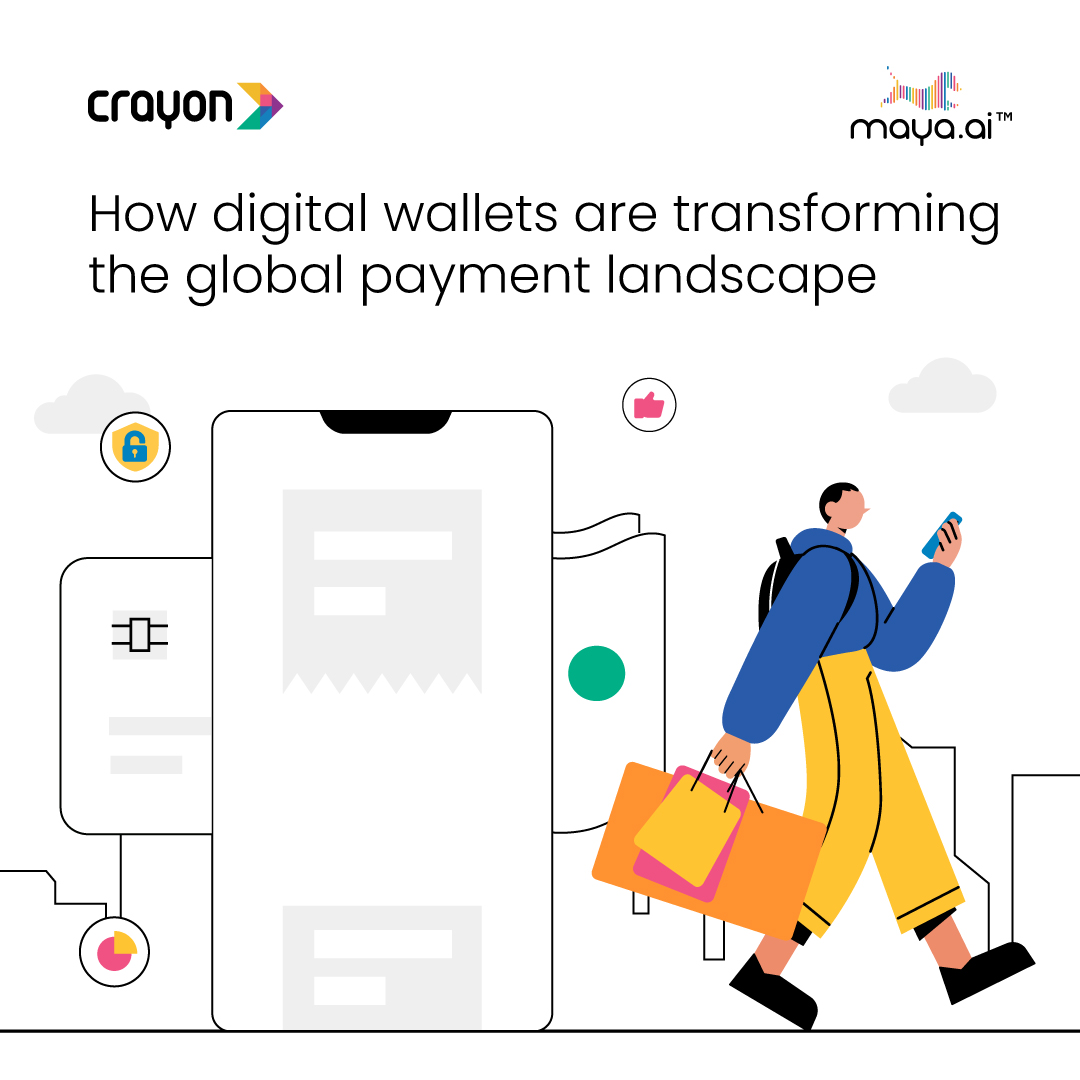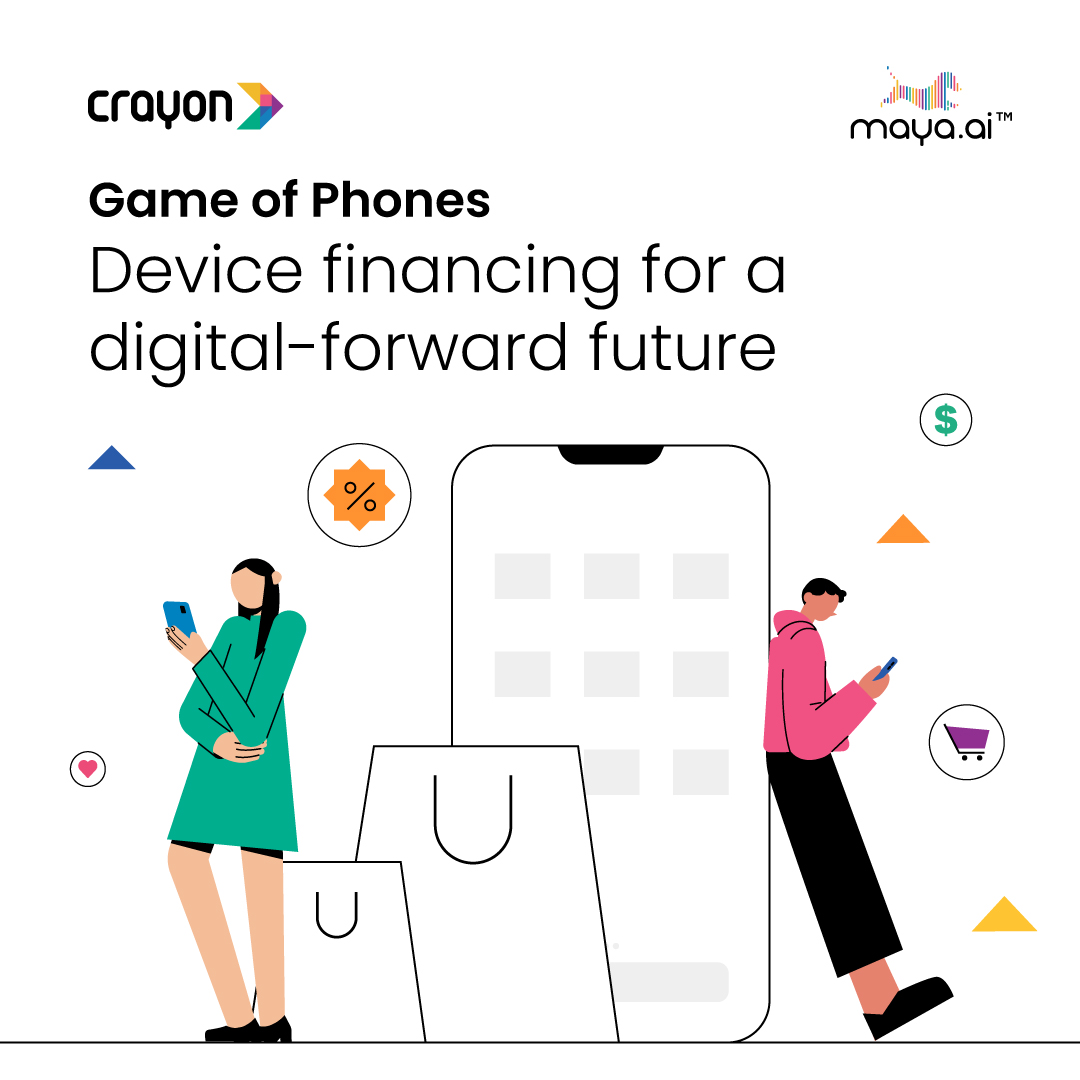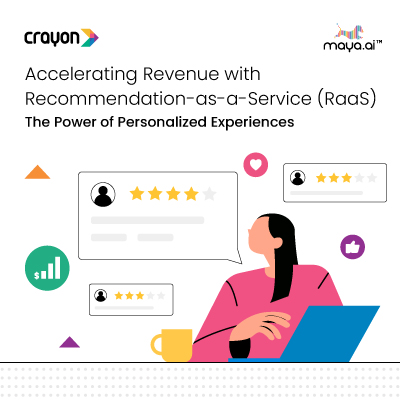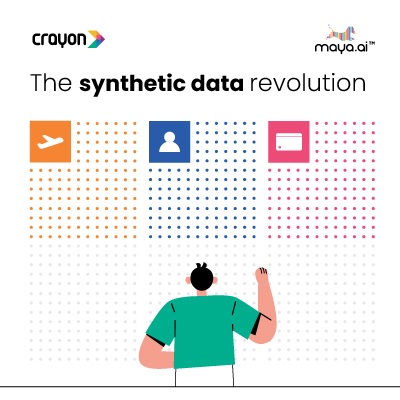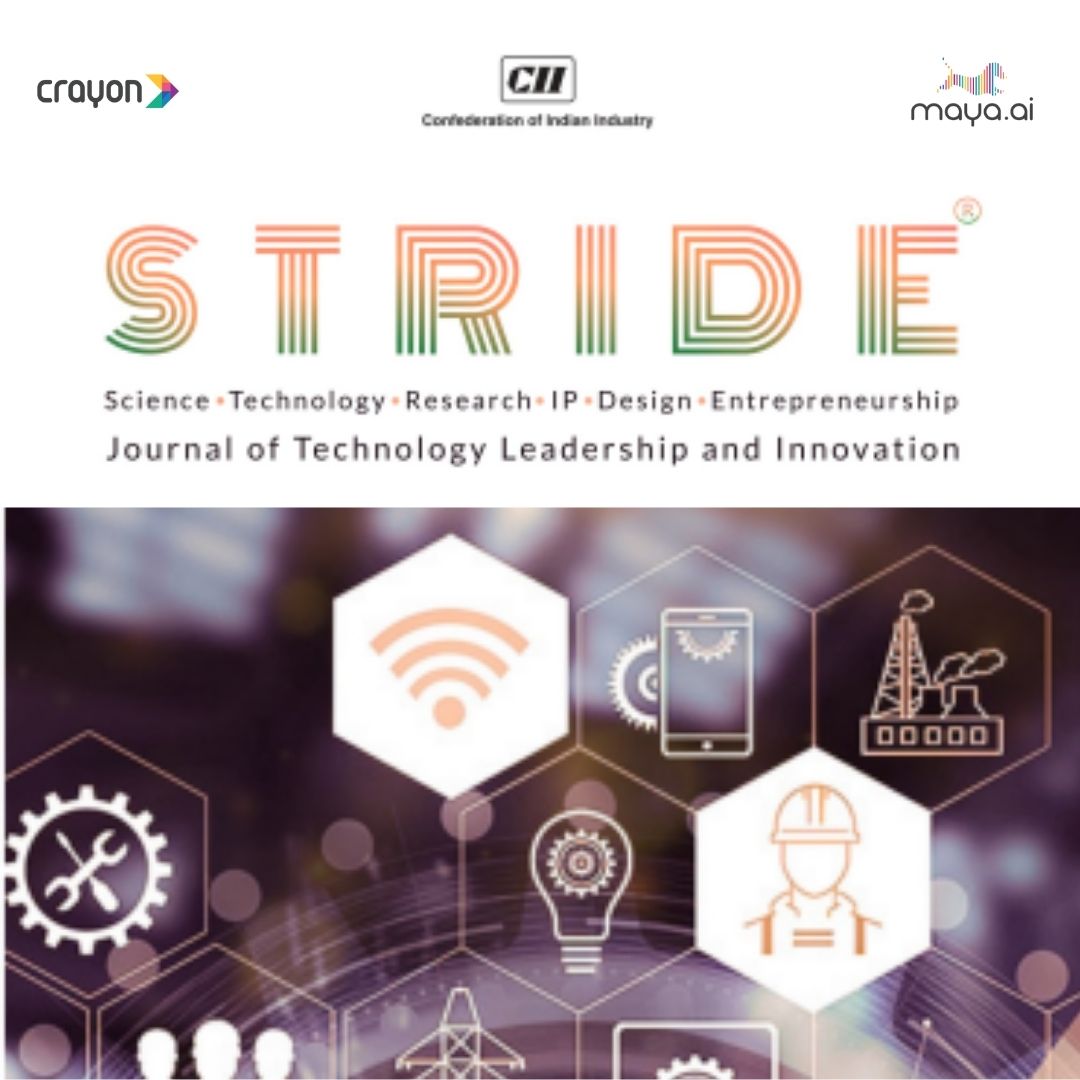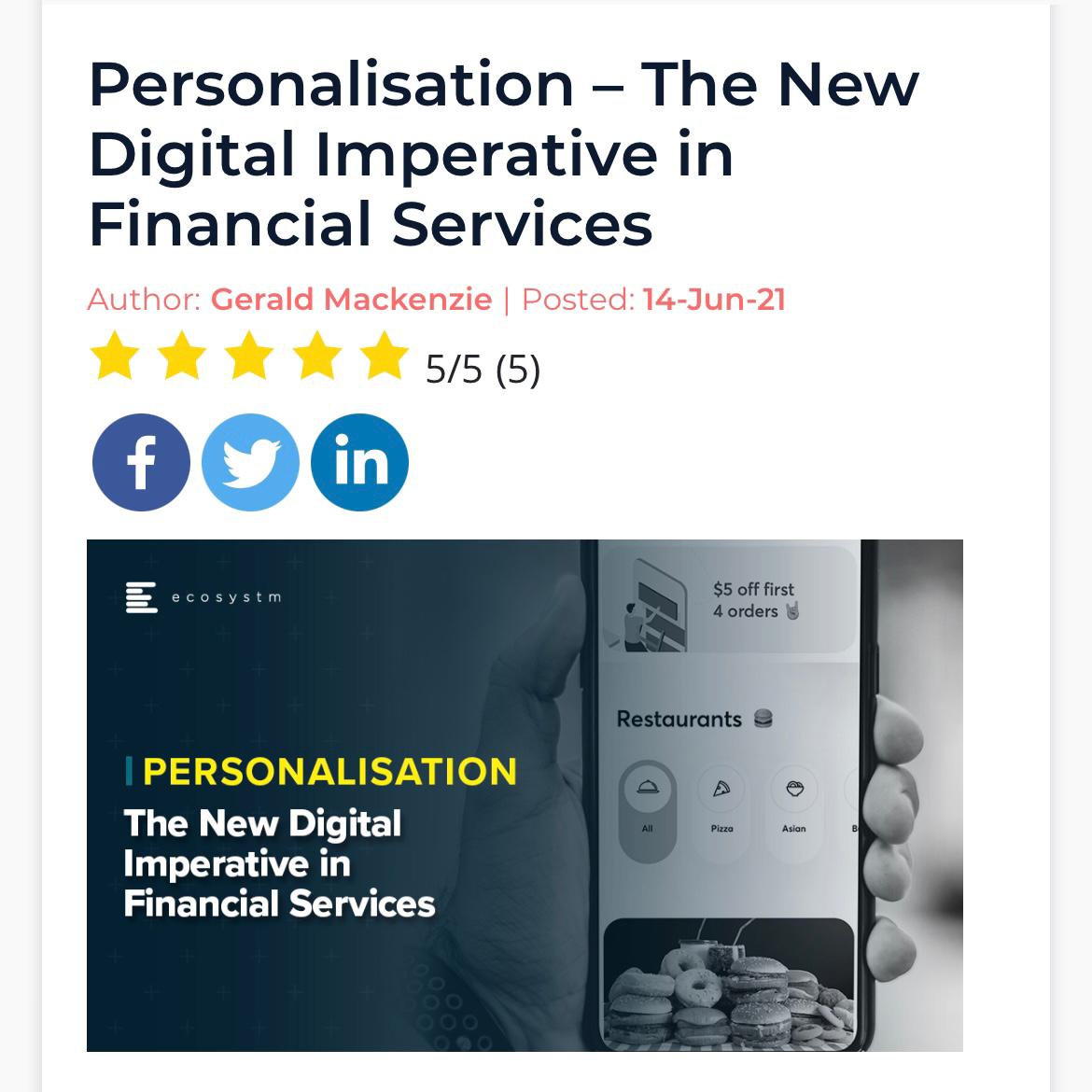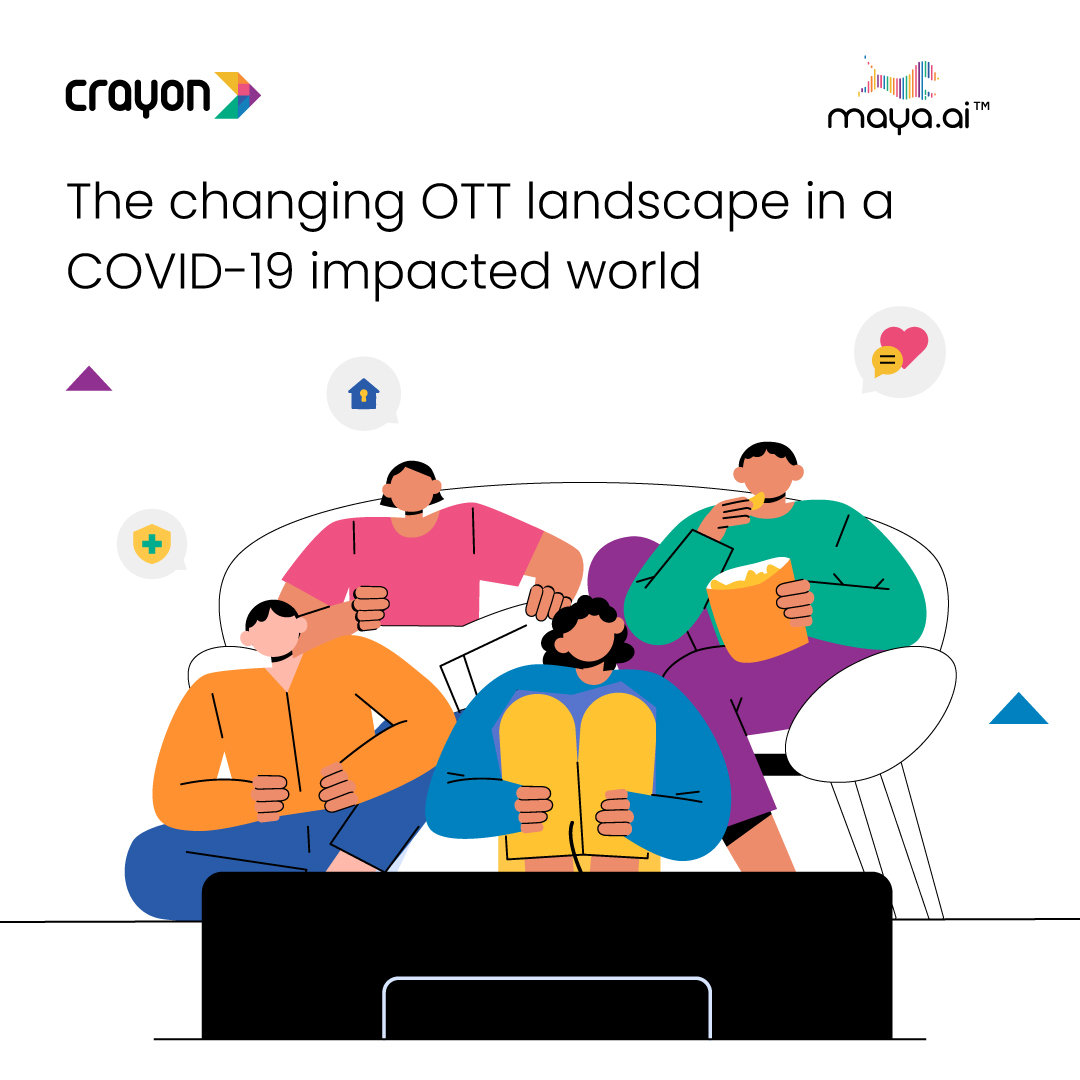I recently interviewed Nitin Chugh, Country Head – Digital Banking at HDFC Bank Limited, and we discussed some hot topics in banking industry today: digital transformation, personalization, AI & machine learning, blockchain etc. HDFC Bank is an acknowledged Innovation leader in the BFSI space. Nitin heads the Digital Innovation Unit which works on new ideas, technologies and solutions, to build and deliver a comprehensive suite of digital solutions and products. He is an engineer and an MBA by qualification with nearly 23 years of experience in retail banking and office automation industry.
Read the complete interview below:
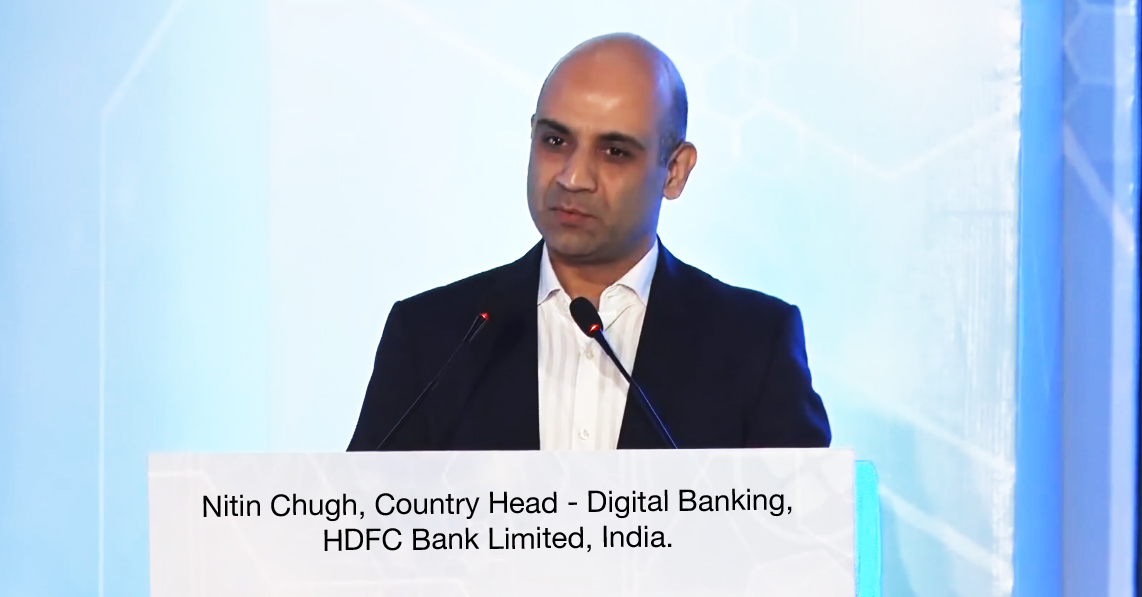
For decades, banks have only competed with one another, on the same terms. As an industry not very used to change, the banking sector is currently undergoing a radical transformation — in terms of digitization, personalization, going mobile etc. “Go digital and be digital”. This is the slogan that drives most banks today. What are the key promising areas where digital advances could revolutionize the banking industry?
First of all, we need to clear a bit of the air around banking industry not having changed in the time. Most of the time, it is perceived to be true probably because you will always have some participants in an industry who will be slower to change or will not change. But at the same time, if you look at banks in the private sector, I think everybody has been changing at the same pace as the technology has been changing. Because most of the new generation banks, like HDFC Bank, are heavy tech users and tech-enabled. But I think we (banks in private sector, like HDFC Bank) have been keeping pace with the technology.
The second aspect is that digital banking has made rapid progress. For example, in our case, we started our sole work about 4-5 years ago with ‘Bank Aaapki Muththi Mein’ campaign. And that is when we actually came up with this slogan – “Go digital and be digital” – that we use even today. Only recently that we stopped using it that extensively. Before, it was intended to encourage customers to start using digital. That is obviously entailed to a lot of other things — how to enable your customer-facing properties, how to enable the backend and processes and how to enable your employees and bring about changes on a systematic basis.
Today, we have come to a point where the same users are driving the next ‘going digital’. To put it simplistically, the first way would be ‘physical driving digital’, and now the second phase is ‘digital driving the next going digital’. With this, we have so many users to be taken to the next level, where there are the 3-4 big things happening. Clearly, we are moving from being an impersonal interface to a very high level of personalization and hyper-personalization and from convenience to experience.
We notice that today’s customers are expecting more contextual stuff; they are expecting more personalized communication, personalized offers, more personalized treatment. Everybody wants to have their own identity around what to do. So, the whole concept of segmentation or personas (whatever you would like to call it) has become a reality now. That is obviously driven by the second big thing which is a whole lot of ability to do cognitive computing, because information is available. There is more data available, and more and more data is being made available on a daily basis. It is so-called new oil and it has to be refined. Like crude oil. For that to happen, those skills are to be brought, which is the third thing. Ok? If you wish to run an enterprise which delivers hyper-personalization – a very high degree of customer experience based on cognitive computing and a whole lot of other big data related concepts, then you need the technology you need, the skills and also need to run at least some processes and some functions in a very different manner.
I think that’s really how logically it should also happen, because you need to go through phases. If somebody wanted to jump into something like this three years ago, people would have struggled with making sense of data itself, maybe not even have more than a few use cases to apply that. I think if I must talk about the big three, obviously there are many more, but these seem like more thematic right now and quite clearly pointing towards a very specified direction.
Your answer almost covered all the questions I was about to ask… Anyways, let me ask rest of the questions. For a traditional bank, digitization is like redesigning an aircraft while flying. It requires us to have a high degree of determination and belief in the digital future. How do you make sure the whole organization is involved and aligned in spirit? What are the key challenges you face at this point of digital transformation at your bank?
Let me start with a disclaimer that you are asking about a traditional bank, but we (HDFC Bank) are a just 23-24-year-old bank. I think in the context of banking, if it is 200 or 250-year old industry – formally 200-250-year-old industry, I think we (HDFC Bank) are still the newbies to the whole industry. We have to look at this in a time frame. If you are looking at the last 5 years, everyone was using the same technology, the same way of enterprising with the customers as much as we are using today. So, the whole thing of a new generation or a traditional bank actually, probably again applies to banks which are really old and have been here for 200 to 250 years. That is the first thing.
The next point is we have been a tech-enabled bank and have been inviting systematic, very forward-looking tech investments much ahead of time, like our analytics practices for example; it is 15 years old. We started working on concepts like our own statistical analytics model for marketing and risk management way back in 2002 and 2003. So, our factors have evolved. They have evolved to be something among the best in the world. Now it is easier for us to create those layers on top of it. Now you have data available, better quality of big data is available, better tech is available to make sense of data, better interfaces in the form of mobile apps, responsive mobile pages, multiple other things: conversational techniques, chatbots etc.
There is a good way of using the domain expertise that you acquired over a period of 15 years, build new skills on top of it and it to a level of personalization, which is real-time, big data led and all contextual. So, for us, if you are asking me, we are only adjusting the altitude. We were flying and it was a continuous journey of scaling altitude. For us, we don’t have to really re-engineer the aircraft while we are flying. It is not applicable in the example of an aircraft, but a similar analogy would be that we are shifting our altitude. And that is helping us deliver in a much better manner. It is helping us deliver better experiences to our customers.
So, I think that is where these kinds of things are looking more visible in the market, but there are people who suddenly get up and say, “now I want to beat the rest”. But it does not happen that way. I think we (HDFC Bank) are fortunate because we were forward-looking from the beginning; we had a clear view on things to deliver customer value, with best of our ability and making using all contemporary technology. Since we have done that, it is very visible for us to change gears and therefore shift altitude. I don’t know whether we are an exception there, but I do believe that it hasn’t been challenging for us.
I’ll give you another example. Like service-oriented architecture which is now moving into concepts of middleware and opensource, API led and banking and all of that. Now if someone wants to get into API open source banking today, he must first fix the middleware, must first get into making sure that they have a service-oriented architecture and then figure out whether their core systems are even conceived to deliver those services and those services can be reused with APIs. So, for him, it is always a depression of what do I do with the legacy system. But in our case, we made our whole investments 8 years ago. We made a middleware investment many years ago.
So, for us, it’s reconfiguration and recalibration only. It is not about bringing in something which we never had and then figuring out what do we do now. So, our challenges are of different kinds. We are not being hooked back because of tech. Our challenges are that we want to scale and we want to go at a certain pace. We want to be the head of the market. How do we do that better? Whom do we benchmark against? Who is best globally? Those kinds of things.
Cool. What are the key digital initiatives HDFC Bank is looking for to scale in the next 2-3 years?
It is not about initiatives, because I have around 250-300 initiatives right now. But they are all part of the master plan.
What is the master plan?
The master plan is obviously not something we can talk about now. But it is almost like I said in the first question itself. In the first phase, we encouraged customers to ‘go physical’ to ‘go digital’; now the second phase is going to take us from digital to hyper-personalization.
The whole concept of personalization, contextual and relevant engagement with the customer is backed by cognitive computing capabilities and big data, delivered through a mix of skills which are acquired, reskilling and capabilities either process wise or functionally or structure wise. This is what will shape the master plan and the master plan therefore will have many initiatives – small and big ones. There will obviously be some which are experimental in nature, which we will keep testing out. We are now saying that we want to move away from proof of concept now. We want to move to a proof of value. Can you demonstrate the value? If the value can be demonstrated, then we will have the necessary tech capability to do a very good deployment.
If you compare banks to companies like Google, PayPal, and Amazon, it’s evident that banks are still at the nascent stage of the digital and data revolution. And they are stealing away a decent chunk of revenue from banks. What’s your take on this? How do you think banks should respond?
There are 3-4 ways to look at the same thing. The first one is it is not happening for the first time. These things happened in every industry, every now and then. You can take any industry for that matter. If the industry will go through phases, other people will go to that industry and will probably start doing some bit of other work that you are trying to do with your customers and they might grab some share. That is number one. The second point is when you are talking about these tech companies, they manufacture tech. We are the ones who consume tech. When we consume tech, we obviously partner with these people; we also partner with other people who partner with them.
The third aspect is India is a market that’s expanding. So, we are anyway going organically otherwise fairly at a health rate much more than any other country in the world. If somebody comes in and even if they chip away a little bit of business, that itself is not that tactical because you are in a partnership ecosystem. So, everybody is partnering with each other. Because the whole headroom is so much available to everybody, I don’t think it’s ever going to be a problem for anyone. The market will only get expanded and be better covered. To the specific point whether we feel we are threatened or any of that, we are obviously looking at these new things we are working on and we are very, totally engaged with all of them. We are in a very close partnership with all of them. And we are working together on a lot of things.
So, if you take the example of Google Play, it was launched with four banks. Google did not go and apply for banking license or said that I want to be a payment bank myself. They are also partnering with banks. So, the whole ecosystem is now about partnerships. It’s lesser being I want to get into this, let me start doing this and hunt away somebody’s business. That chipping away anyway happens in any case. Like you are in a business which I am sure competing with 50 other fellows and you are chipping away at each of other at all points in time. Or you feed in a niche market for yourself; all of you going together in a market because there is so much headroom available.
My next question is about blockchain technology. It is currently the hottest innovation in banking. The technology, which underpins cryptocurrencies such as bitcoin, was initially treated with skepticism by banks. However, this is changing dramatically. What’s your take on this?
I would like to start by admitting that I am not an expert of the blockchain. Rather I am a student who’s still learning and absorbing this new technology. I believe in 2018 we should see far, higher traction and momentum on the deployment of the blockchain. In the last two years, people were just about tested, done POCs and experiments and try to form a view as to what you can do. But I really think, as in when we see more domain experts emerging, it will become something universally available as a knowledge bank. Amongst all the conferences that happen today, people have started adding conferences on Artificial Intelligence, but you don’t see too many blockchain specific conferences even today. It’s very difficult to find somebody who has content on the blockchain. Obviously, there is limited knowledge and experience. So, all of us are learning. But I think the way it looks; my own personal view is that it is promising.
There is a good, strong reason for it to be used for internal workflows like an internal blockchain and more importantly it is going to be logically apt for network level technologies where multiple participants would be able to do many such things. Again, in a concept level, since I said I am not an expert in blockchain and you don’t have to ask me how it actually works as I have a very limited understanding of tech. So, we do believe that 2018 should be some kind of a per daylighting sort of a year for blockchain where you will see a lot more deployment happening.
Recently I read a news saying that Amazon launched its first Amazon Go store in the US which a customer walks in, picks whatever he needs and walks out. Everything happens automatically with the help of AI. So, things are going handsfree. What are the key trends happening in this banking space? Where are we heading?
From what I understand, the module is based on deep learning, which is obviously the next phase of evolved advanced machine learning itself, which is any way powering most of the cognitive computing. We are at the first level which is the artificial intelligence. It is difficult to bring in deep learning immediately right now. It is the same way as what you would do with big data 3-4 years ago. Almost the same journey. When things like these happen, they are obviously changing the customer experience a lot, they are creating an expectation in the market. So, we must prepare. Maybe the choice people are going to be left with is that you don’t have 4 years to move from 8 to 12th standard. Do it in 3 years or 2 years. That might be the only thing that you must do, but still you must move up. And there are many such things. This is much showcased and published experiment that Amazon did, but there are several such things, know? The autonomous vehicle is exactly that. Health care is going through the same thing. Retail is going through the same thing.

Why vector databases are key to enhanced AI and data analysis
In a...
